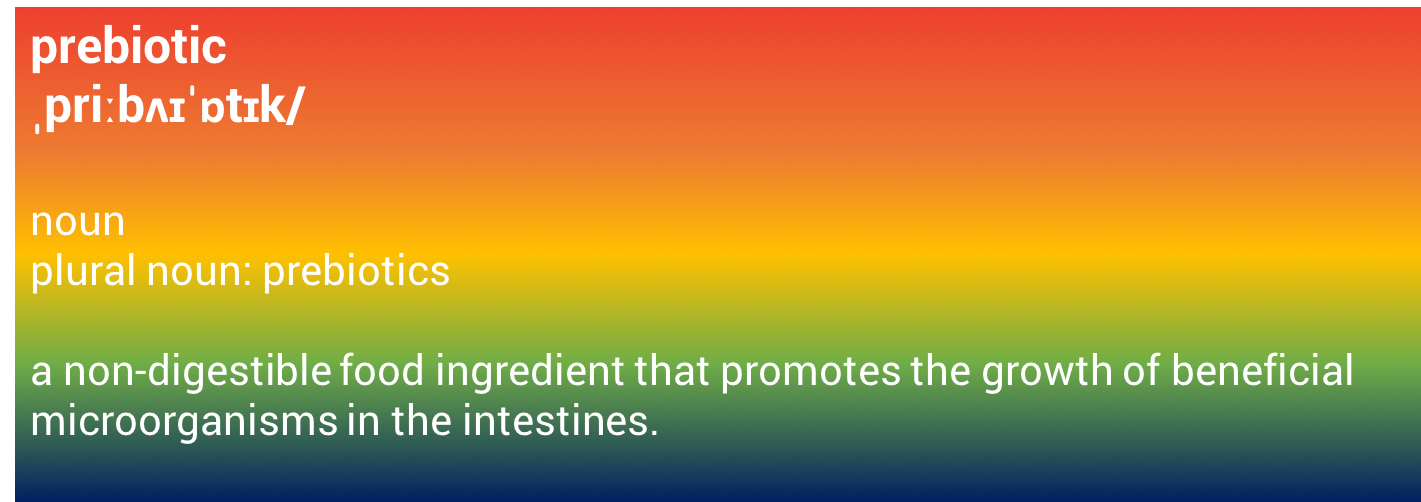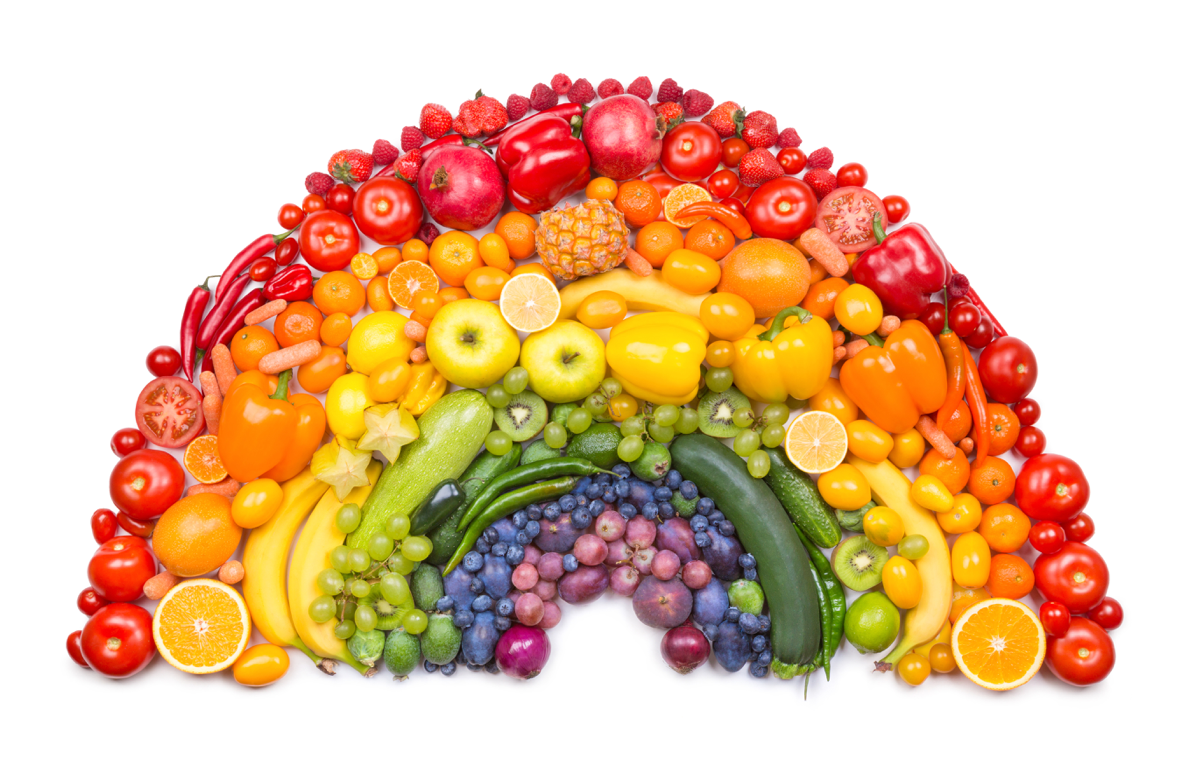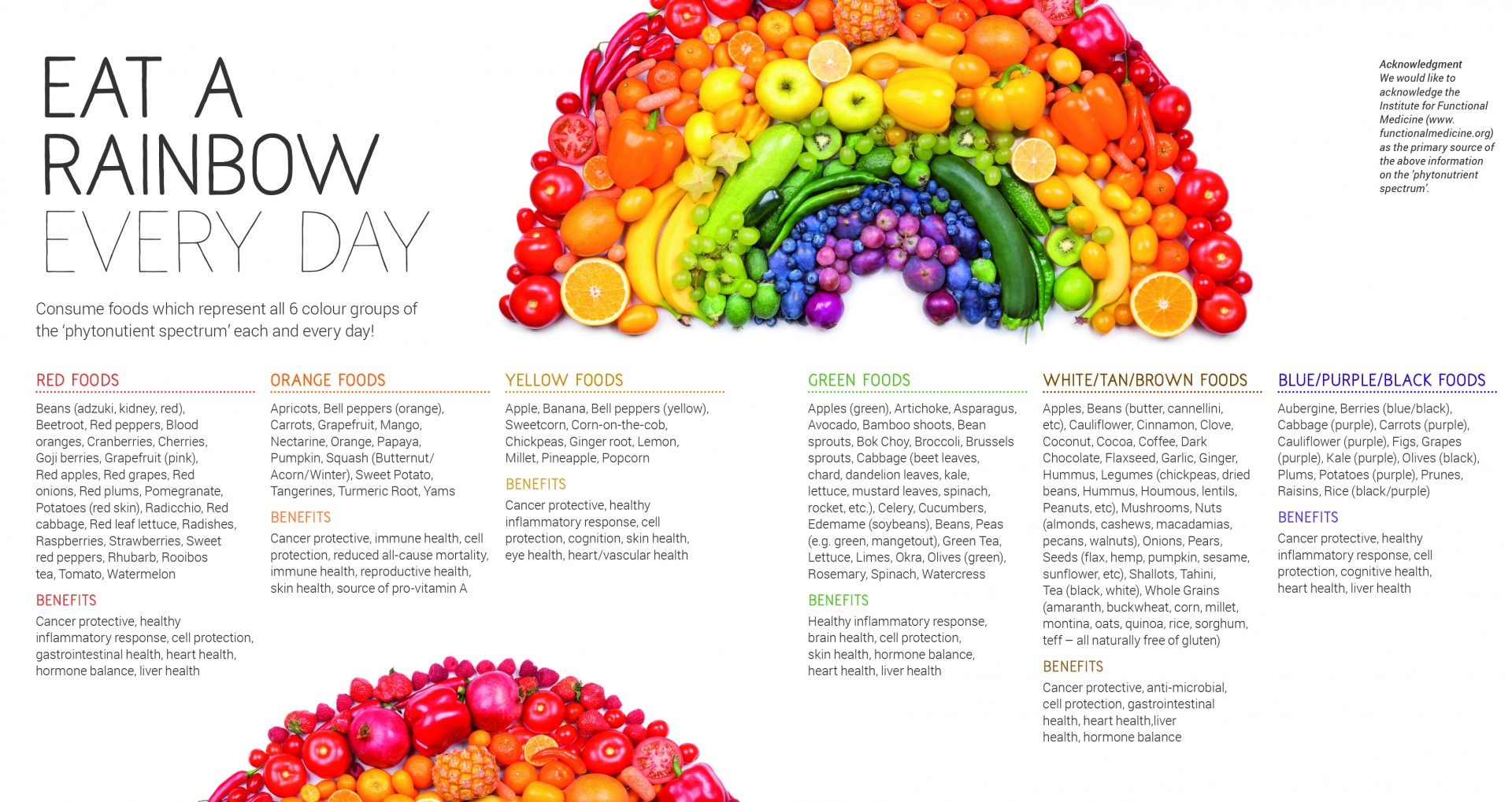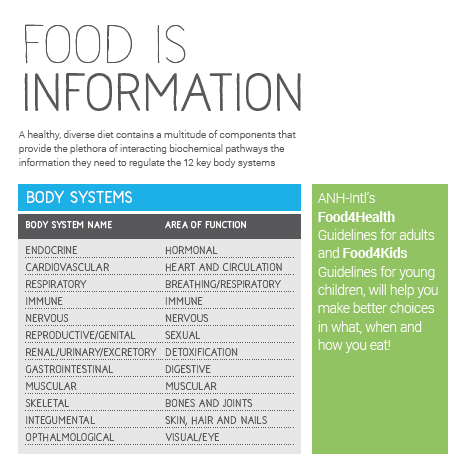Content Sections
By Melissa Smith, outreach officer & Meleni Aldridge, executive coordinator
Fifteen billion trees, of 3 trillion on the planet, are being destroyed annually in the World’s rain forests. This logging is now threatening our global ecosystem. Shockingly we’re now seeing the same threat in our own ecosystems.
Did you know you’re an ecosystem unto yourself? Did you know you are an entire world? Your world consists of you and more than a trillion microbes that live in, and on, You. Without them we would cease to exist, such is our symbiosis.
Natural medicine has been acutely aware of the importance of a healthy, diverse gut microbiome to human health for many years. Years of clinical evidence suggests that your gut bacteria (internal ecosystem) will thank you for cutting out gluten, refined sugar, refined carbohydrates (pasta, bread, cakes, biscuits and milk choc to name a few!) and limiting alcohol consumption. What our entire ecosystem, including the gut microbiome, really needs is lots of different coloured plant foods on a daily basis. The 6 colours of nature’s palette evident in the range of fruits and vegetables available to us, delivers essential phytonutrients, compounds that promote health and protect against disease. Our DNA is encoded to respond positively to colourful foods. If we’ve been introduced to these foods from early childhood then we ought to find green, red, yellow, white/tan, orange and blue/purple colours more appealing. They assure us that the food is ripe, ready to eat and healthful, plus they stimulate our appetite. Think about the succulence of a fresh sun-ripened orange or nectarine, the lushness of a bundle of green, leafy watercress or the regal purple of blueberries fresh from the bush. These are foods that have nourished us, healed us and ensured our survival through the ages. But…
It's not just about the phytonutrients
A rainbow diet wouldn’t have half the health impact without our gut microbiome. Rainbow plant foods provide fibre (prebiotics) which feed our diverse microbial ecosystem and ensures we cultivate the species most beneficial to us. Our bodies can’t break down these fibres so they pass into our colon undigested. Fibre is then fermented to provide nutrients for our gut bacteria so it can multiply, grow and survive. They require both soluble (also known as fermentable fibre e.g. apples, beans, lentils, root vegetables, okra) and insoluble fibre (e.g. whole grains, vegetables with skin, nuts, flaxseeds), although both types of fibre are found in most vegetables and fruits and is the reason why you should always eat the skin of fruits and eat some of your veggies raw. It’s also why, if you juice, it should be part of a healthy diet, so you don’t drink all your food minus fibre.
Prebiotic foods like Chinese turnip (jicama in the US), dandelion leaves, garlic, chicory and Jerusalem artichoke are useful too, but the latter can cause bloating and discomfort in some sensitive people so start with small amounts. Probiotic foods like kimchi, sauerkraut, live yoghurt (not if dairy intolerant), kefir and kombucha are really essential additions to the diet. Kefir can certainly be made with water and coconut milk for those that can't, or would rather not, take dairy. They require different starter grains, so just make sure you buy the ones for water or coconut milk. Broccoli and celery stalks are brilliant for insoluble fibre, whilst apples are a great source of soluble fibre. Suddenly the old adage about apples a day and doctors makes a bit more sense and shows how enlightened the medics of yesteryear were!

The miracle of plant food
Food is also where we get most of our gut bacteria from. So, the more foods you eat, particularly plant foods, the more diverse your gut bacteria will be. Making sure you have sufficient, fresh, plant foods for fermentable fibres in your diet is the first step to cultivating a healthy gut microbiome. Nuts (especially pistachios), blueberries and even dark chocolate (85%+) yield gut-nurturing polyphenols and fibre. Probiotic supplements can be helpful to create a better environment for your gut bacteria, but they don't colonise, so don't rely on them to do all the work for you!
Eat a Rainbow Every Day!
Not only will your gut bacteria thank you for it, a healthy, happy gut will help support and regulate all 12 body systems — including your brain. Eating well isn’t some unobtainable goal, it’s an essential key to unlock a brighter, more vital, optimally healthy life. A life that is our birthright.
What you can do for your gut
- Familiarise yourself with the ANH-Intl Food4Health guidelines and compare them with your current diet. Healthy gut bacteria need plenty of fibre from vegetables and a small amount of fruit.
- Aim to eat between 7-10 portions of vegetables and just 2-3 servings of fruit every day. Try and make sure you cover the spectrum of all 6 colours everyday to make sure you get the full health benefits.
- Avoid processed and chemically laden foods and stick to whole, unprocessed foods that don’t have a laundry list of ingredients on the label
- Cultivate a taste (and love!) for fermented foods. They really are your friends. Experiment with DIY fermentation at home. It’s honestly not that hard. (FYI: if you buy fermented foods and see vinegar on the ingredients list, walk away. Big Food are jumping on the natural and healthy bandwagon, but using short cuts like vinegar, which don’t ferment the foods and don’t generate any bacteria. #Useless!)
- Include pre- and probiotic foods everyday — even if you have to take a deep breath first!










Comments
your voice counts
15 June 2017 at 11:18 am
Excellent summary! Well done all.
15 June 2017 at 11:44 am
Thank you Joan.
Warm Regards
Melissa
15 June 2017 at 11:41 am
I have been interested in healthy foods, diets and I write books on natural remedies as an healthy alternative and to work alongside mainstream medication. Even though I am familiar with much of your article, there were parts which I found very interesting. Thank you for sharing your informative article. Regards, Sam
15 June 2017 at 11:44 am
Thank you for your comments Sam, we're glad you enjoyed the article.
Warm Regards
Melissa
16 June 2017 at 2:16 pm
great article and LOVE the photo!!!
Your voice counts
We welcome your comments and are very interested in your point of view, but we ask that you keep them relevant to the article, that they be civil and without commercial links. All comments are moderated prior to being published. We reserve the right to edit or not publish comments that we consider abusive or offensive.
There is extra content here from a third party provider. You will be unable to see this content unless you agree to allow Content Cookies. Cookie Preferences